
Why foreigners can’t buy Canadian homes
Published:
Updated:
-

-
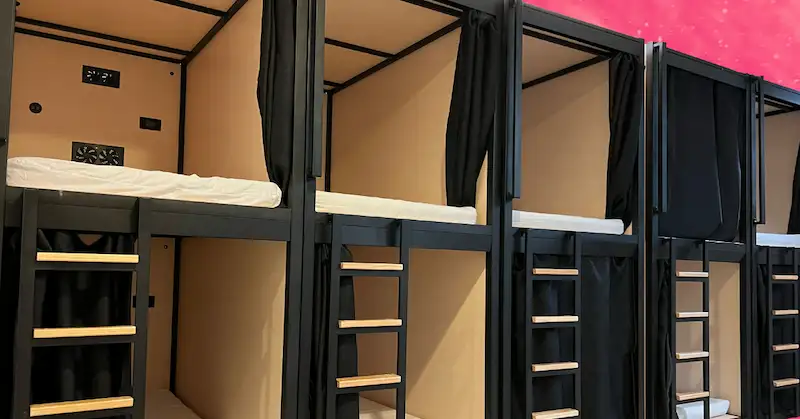
Why tech workers are sleeping in expensive boxes
-
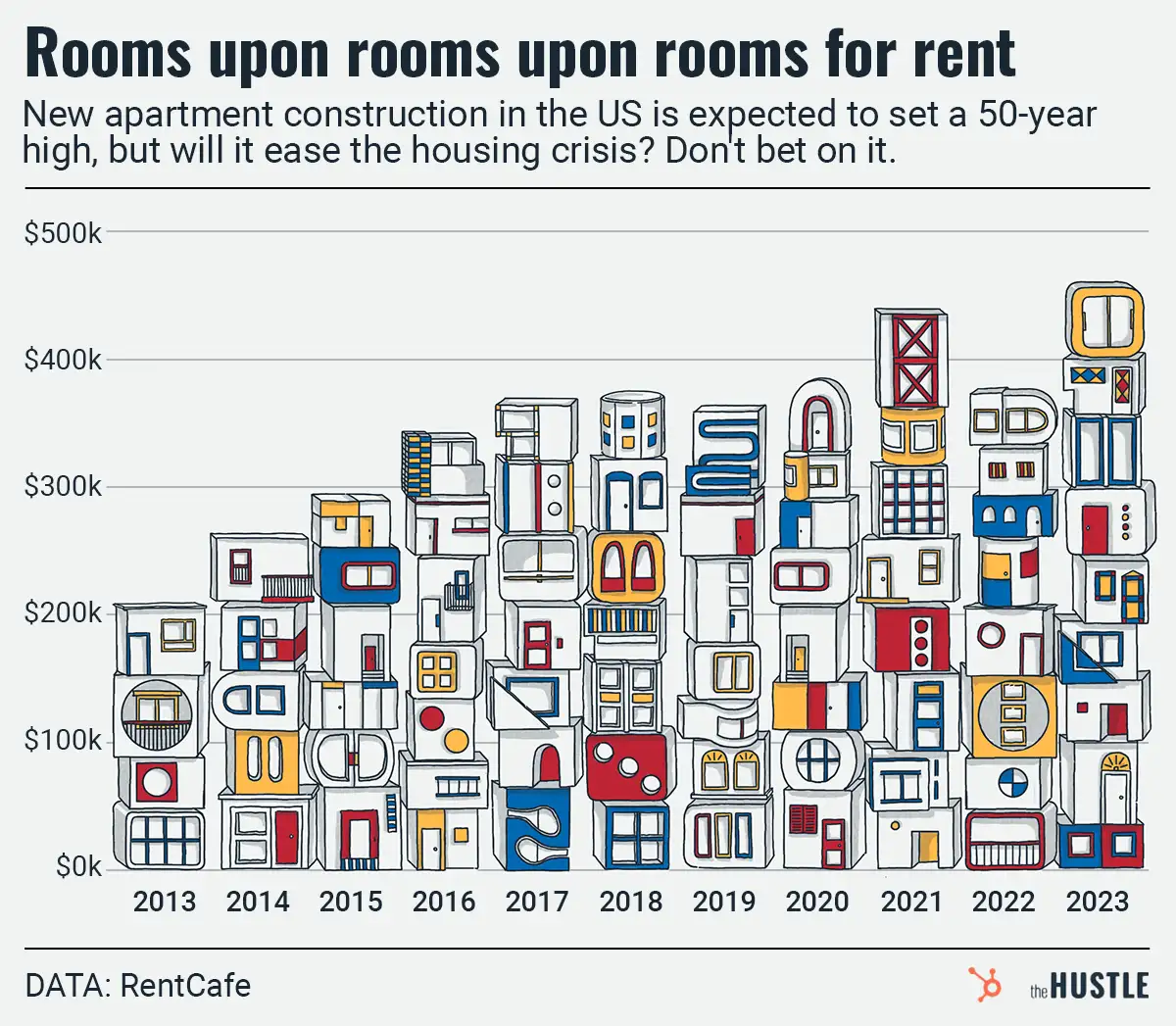
Apartments are getting built at a record clip — it’s too bad they aren’t the right kind
-
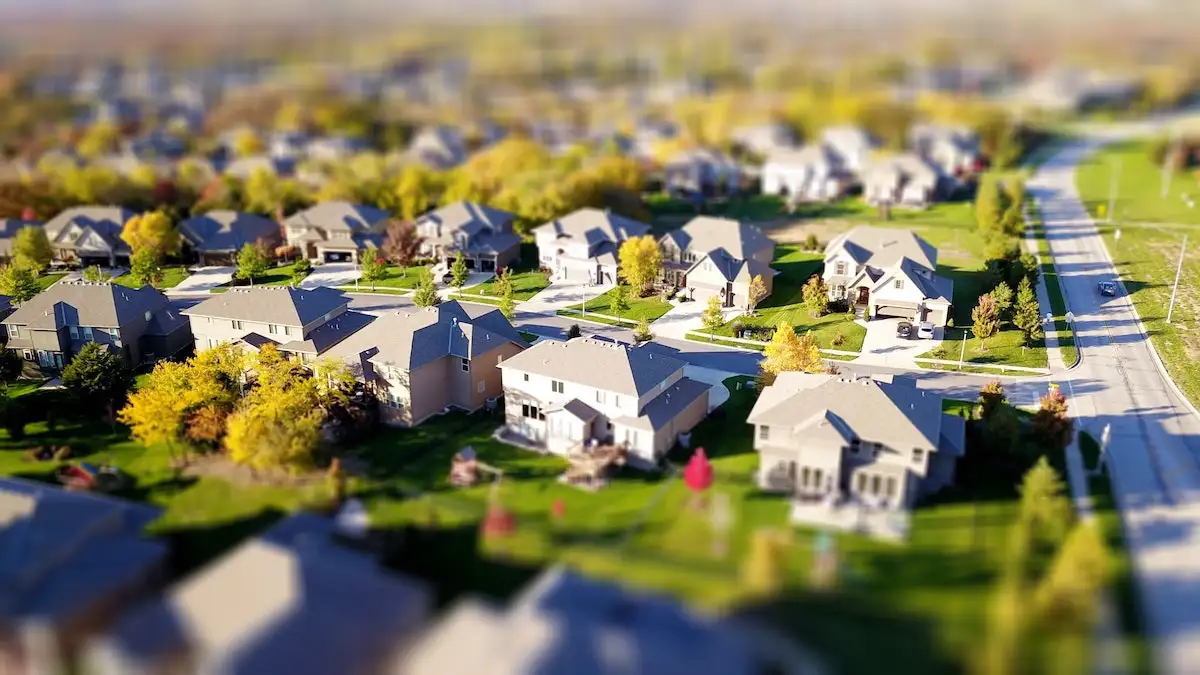
Will the Bay Area get a new city?
-

Meta vs. Canada is a long pattern of dismantling news
-
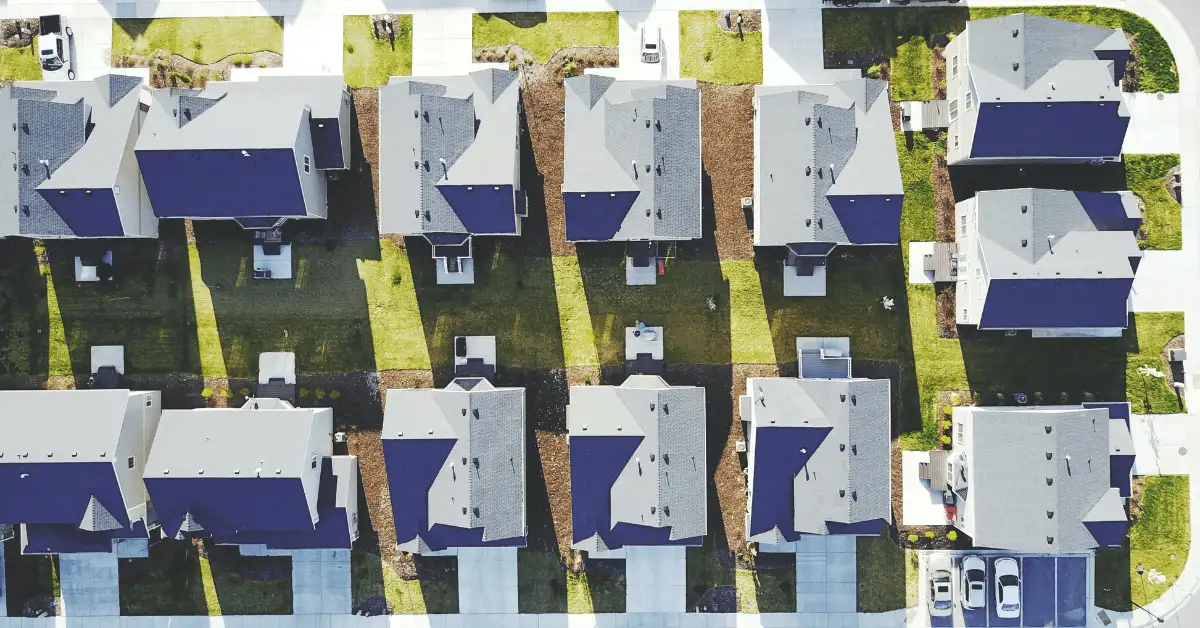
Looking for an edge in attracting talent? Give ’em a reasonable place to live
-

The answer to sky-high housing prices may also be sky-high
-
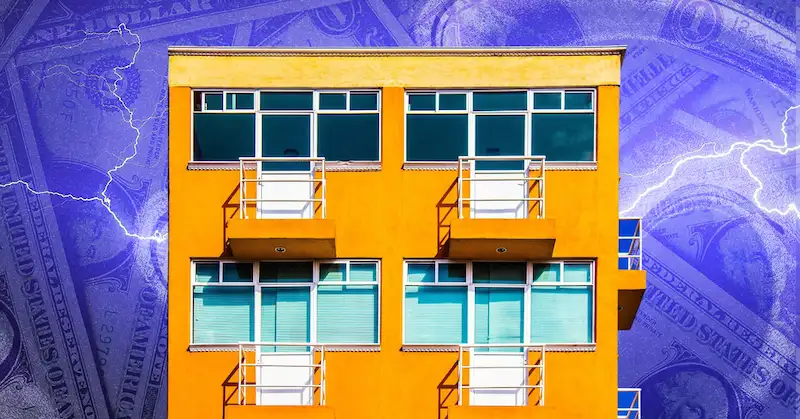
Does your apartment come with junk fees?
-
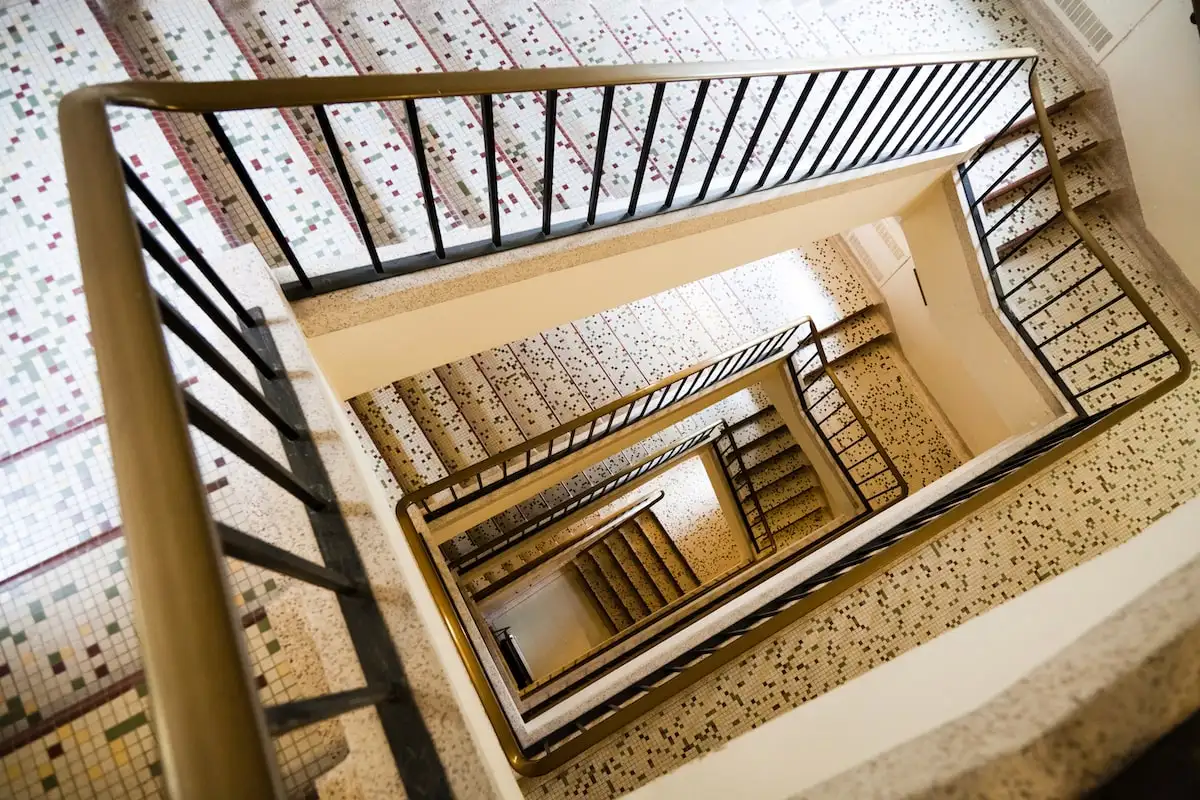
Can fewer stairs improve housing?
-

Neom’s got a trillion problems but $1T ain’t one
